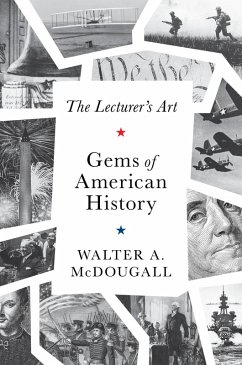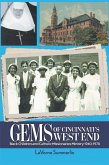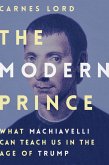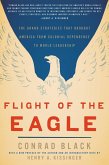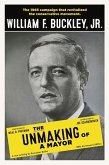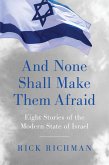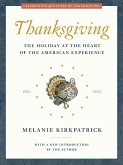The American story is one of great physical, intellectual, and spiritual adventure. Gems of American History explores how this extraordinary republic came to beand what is required to preserve its legacy of liberty.
In this collection of twelve essays, the renowned historian Walter McDougall examines some of the most pivotal events and figures of the American saga to date. He revisits the Machiavellian moment that ignited the awakening of republican thought across the Atlantic. He reflects on the forging of America's civic identity from its earliest seeds in the colonial era. His profiles of William Penn, Benjamin Franklin, and the philanthropist and tycoon Stephen Girard reveal the profound role Philadelphia played in shaping the nation. He recounts the story of the Wright brothers' romance with flight and how it captures America's indefatigable spirit.
McDougall also warns that, for more than a century, leaders following in the footsteps of Woodrow Wilson have steered the United States down a path of foreign policy ruin that undermines our national interests and threatens our national character.
Leavened with a lifelong scholar's wisdom and insight, Gems of American History assembles the wide-ranging sources of American principles and traditions, many of which have been lost to ideological amnesia, in a way that helps explain who we are and where we are going.
In this collection of twelve essays, the renowned historian Walter McDougall examines some of the most pivotal events and figures of the American saga to date. He revisits the Machiavellian moment that ignited the awakening of republican thought across the Atlantic. He reflects on the forging of America's civic identity from its earliest seeds in the colonial era. His profiles of William Penn, Benjamin Franklin, and the philanthropist and tycoon Stephen Girard reveal the profound role Philadelphia played in shaping the nation. He recounts the story of the Wright brothers' romance with flight and how it captures America's indefatigable spirit.
McDougall also warns that, for more than a century, leaders following in the footsteps of Woodrow Wilson have steered the United States down a path of foreign policy ruin that undermines our national interests and threatens our national character.
Leavened with a lifelong scholar's wisdom and insight, Gems of American History assembles the wide-ranging sources of American principles and traditions, many of which have been lost to ideological amnesia, in a way that helps explain who we are and where we are going.
Dieser Download kann aus rechtlichen Gründen nur mit Rechnungsadresse in A, D ausgeliefert werden.

